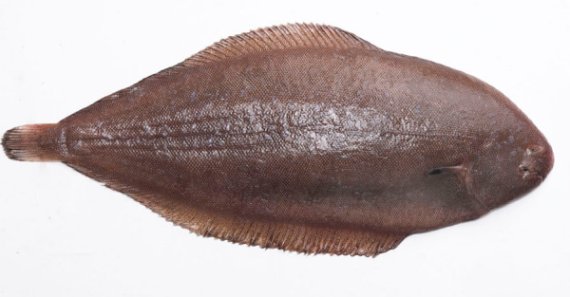He studied the exposure level of growing soles to organic pollution in water. The eggs laid by a female fish from a polluted area contain just as much toxins as that in her own tissues. Newly hatched fry do not consume any food in their first days, but digest stored up fats from the yolk. In this way, PCBs, dioxins and bromine compounds (flame retardants) stored in the fats are released. Then, just at about the critical moment of transition when the young soles can feed on their own, they are exposed to a higher dose of toxins than are adult fishes, concludes Foekema. His findings have been published in this month’s Environmental Toxicology and Chemistry. His research explains the delayed effect of toxins in water on the health of very young fishes. In general, the pollution level is not high enough to threaten the survival of the fishes. Earlier studies by Foekema showed however that extreme pollution can affect the reproductive success of fishes.
Dioxins affect young soles more
Baby fishes are more affected than adult fishes by water polluted with PCBs and dioxins. So says Edwin Foekema from the marine institute IMARES after a toxicological study.

